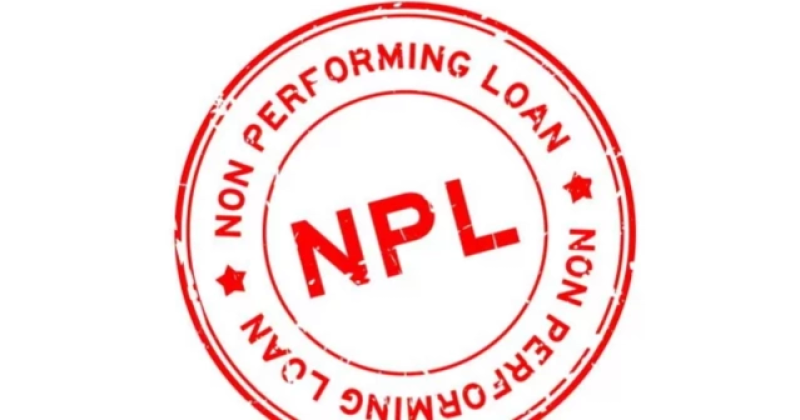- Fakhrul condemns attacks on media, calls for unity, justice |
- 2 cops among 4 hurt in clash outside Indian Assit H.C. in Ctg |
- Inqilab Moncho urges people to avoid violence |
- Hadi’s death: Prothom Alo, Daily Star offices set afire |
- সন্ধ্যায় পৌঁছাবে হাদির মরদেহ, জানাজা শনিবার |
NPL Surge Cripples Bank Credit Growth, Threatens Recovery

Bangladesh’s banking sector is under mounting pressure from a surge in non-performing loans (NPLs), severely restricting banks’ ability to finance private investment and threatening the country’s economic recovery.
According to provisional data from Bangladesh Bank, private sector credit growth slowed to just 7.57 percent in March 2025, as businesses increasingly struggle to access the financing they need.
In response to the crisis, the central bank has commissioned both domestic and international audit firms to assess the true state of assets and loan defaults at several troubled banks.
“Once these evaluations are complete, the full extent of non-performing and defaulted loans will become clear,” said a senior official at Bangladesh Bank, speaking on condition of anonymity.
Preliminary findings suggest defaulted loans now account for around 35 percent of total loans across the banking sector, a figure that may climb to 40 percent following final assessments.
The official noted that poor recovery rates and rising defaults are largely the result of politically motivated loan disbursements, often backed by inflated asset valuations and forged documentation.
By global standards—such as those followed by the World Bank and IMF—a loan is classified as non-performing after 90 days of missed payments. A defaulted loan, however, indicates a borrower’s complete failure to meet legal obligations under the loan agreement.
Recent regulatory changes have aligned local practices with international norms.
“There is no longer any room for bypassing default classification simply by paying one or two instalments per year,” said a prominent economist, welcoming the move towards greater transparency.
He noted that completing the asset quality review is essential to initiate banking sector reforms and restore financial discipline.
“Once reforms are implemented and oversight is strengthened, the sector will regain stability.”
Bangladesh Bank data shows total outstanding loans in the banking system now exceed Tk 21 lakh crore. Of this, Tk 4.54 lakh crore (16.32%) is net credit to the government, Tk 50,019 crore (5.26%) to the public sector, and Tk 17.19 lakh crore to the private sector, which recorded only 7.57 percent growth.
An internal analysis revealed that 10 commercial banks held Tk 2.57 lakh crore in defaulted loans as of December 2024—representing nearly 75 percent of the sector’s total NPLs.
Of this, four state-owned banks accounted for Tk 1,26,062 crore, while six private banks held Tk 1,31,797 crore in defaults.
Over the past year, total defaulted loans surged by Tk 2 lakh crore, reaching an all-time high of Tk 3.45 lakh crore—the largest such increase in the nation’s history.
Approximately 35 percent of all private sector loans are now categorised as non-performing, the highest proportion in South Asia.
Experts attribute this sharp rise to the exposure of a massive backlog of toxic loans previously concealed through data manipulation and regulatory inaction.
One leading economist warned that surging NPLs pose a significant threat to macroeconomic stability, as rising defaults will likely lead to increased borrowing costs and reduce banks’ capacity to lend to productive sectors.
Another policy analyst noted that the country’s Purchasing Managers’ Index (PMI) is stagnating, in part because bank funds remain trapped in large corporate defaults.
He emphasised the urgent need to restore credit flow to the private sector:
“Without immediate action, the road to economic recovery will only become longer and more uncertain.”

